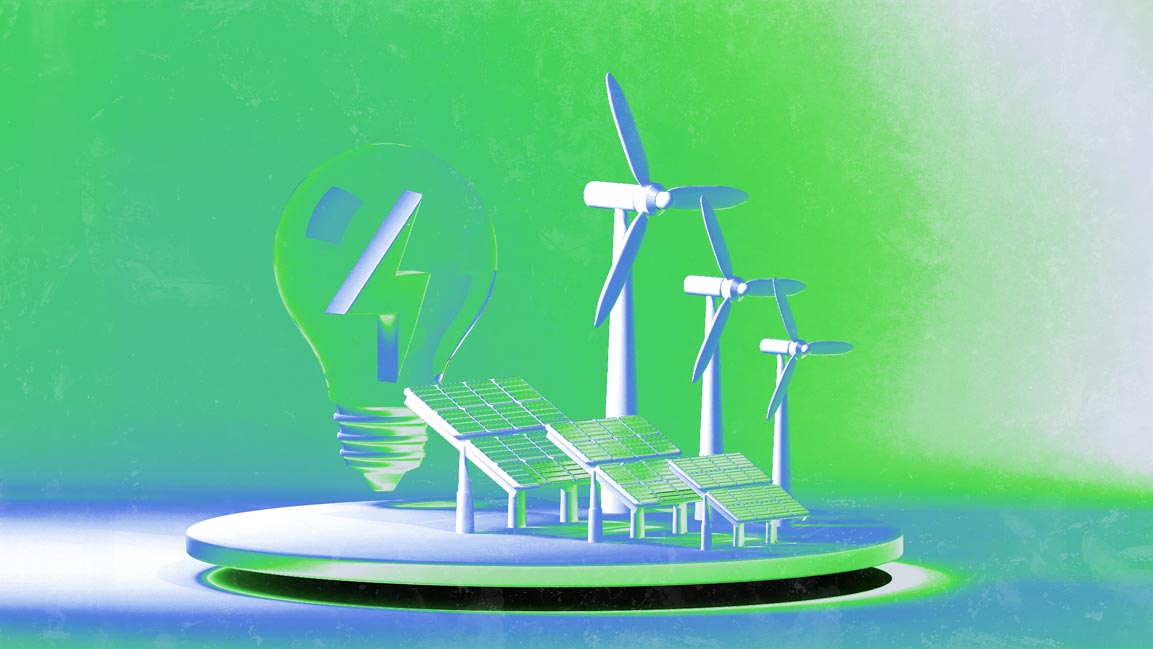- | 11:00 am
UAE achieves 70% growth in renewable energy capacity, boosts investments to $12 billion
As of 2023, renewable energy contributes 27.83% to the UAE’s total energy mix.

The UAE’s ambitious clean energy initiatives have made renewable energy a significant component of its energy mix, driving its transition to a greener economy.
In an interview with the Emirates News Agency (WAM) on the eve of the World Utilities Congress 2024, Suhail bin Mohammed Al Mazrouei, Minister of Energy and Infrastructure, emphasized the UAE’s progress and dedication to achieving climate neutrality.
The UAE has notably exceeded its clean energy targets, with renewable sources making up 27.83% of its energy mix in 2023. As highlighted by Al Mazrouei, this positions the UAE on track to achieve its goal of 32% by 2030.
He highlighted the UAE’s dedication to clean energy, pointing out that over $12 billion has been invested in renewable projects, not including recent operational ventures.
“In 2023, the UAE achieved a remarkable 70% growth in installed renewable energy capacity, reaching 6.1 GW,” Al Mazrouei said. He added that the UAE advanced from sixth to second place in global rankings for per capita renewable energy consumption, according to the Energy Institute’s latest Statistical Review of World Energy.
Al Mazrouei emphasized the UAE’s leading role in green hydrogen, noting its top position in production competitiveness according to the Green Hydrogen Report 2024 and its regional leadership in market readiness, as highlighted by the World Economic Forum.
Under the UAE Energy Strategy 2050, key projects include the 1.8 GW Phase VI of the Mohammed bin Rashid Al Maktoum Solar Park, Dubai’s waste-to-energy initiative, and two 1.5 GW photovoltaic projects in Abu Dhabi—Al Ajban and Al Khazna. Additionally, Al Mazrouei highlighted the significance of the Hatta hydroelectric power plant and the fourth reactor at the Barakah nuclear facility.
The minister highlighted ADNOC’s pivotal role in the UAE’s climate strategy, noting its commitment to doubling carbon capture capacity to 10 million tonnes annually by 2030.
He also outlined the Federal Energy Management Regulation, which targets a 33% reduction in industrial energy demand by 2050 and aims to cut carbon emissions by 63 million tonnes, potentially saving $3.8 billion.
Additionally, he referenced the UAE Cabinet’s April 2023 approval of a policy designed to streamline the energy services market.
This policy, supported by $136 million in private investment, focuses on enhancing collaboration among energy firms, government bodies, and the private sector. It aims to reduce energy and water consumption in federal buildings by 25% and cut operational costs by 20% across 422 government facilities.
Now accepting applications for Fast Company Middle East’s Most Innovative Companies. Click here to apply.































